Uzbekistan has secured a $1bn deal with the Taliban government to develop the Tuti Maidan natural gas field in Afghanistan. The agreement was signed by Abdul-Ghani Baradar, the Taliban's deputy prime minister for economic affairs, and Ismatulla Irgashev, Uzbekistan's special representative to Afghanistan.
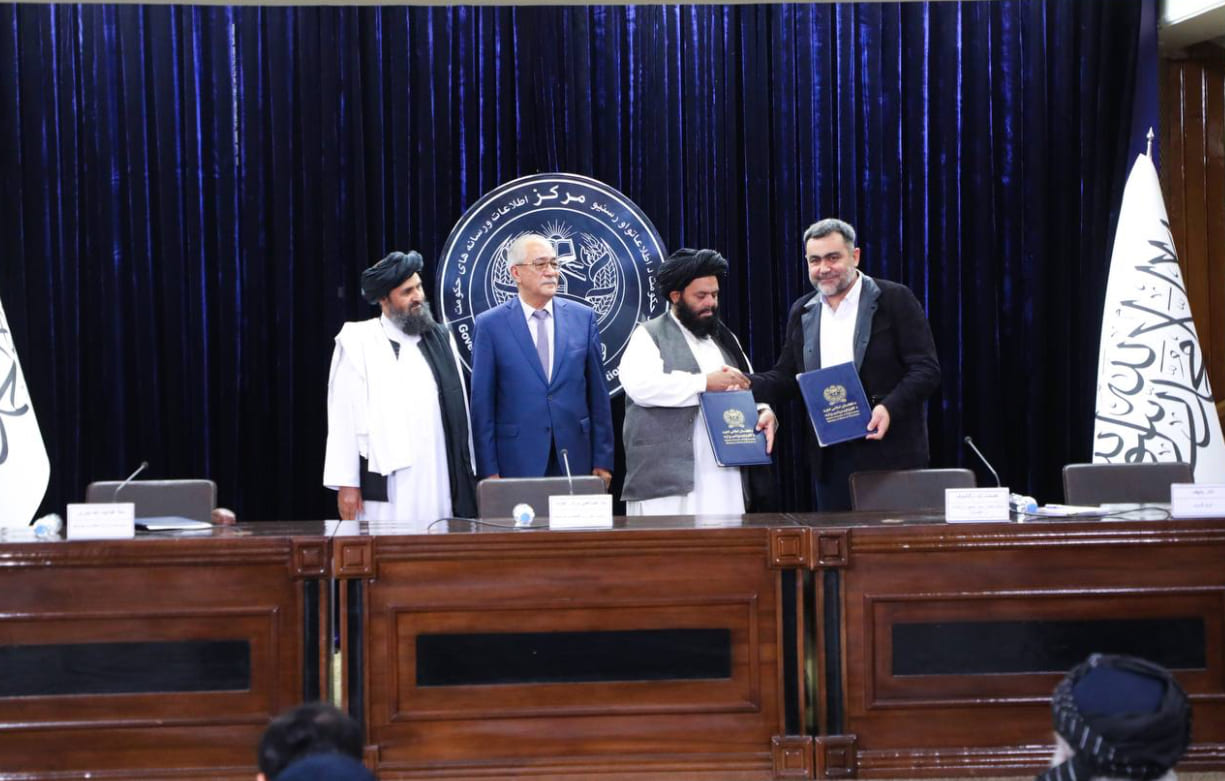
According to the signed agreement, an undisclosed Uzbek company will oversee the development of the Tuti Maidan natural gas field in the Jauzjan and Faryab regions, committing to a $1bn investment over the next decade. The company plans to invest $100mn in the first year and will construct a 100 MW thermal power plant in the second year.
Dr. Anvar Yoldoshev, a historian and professor, suggests that the Uzbek government aims to appease the Taliban through these investments in Afghanistan.
"Whether we like it or not, we have to strengthen relations with the Taliban," Anvar Yoldoshev stated in an interview with a Daryo reporter. He highlighted that neighboring Kazakhstan is actively seeking to improve its ties with the Taliban and invest in Afghanistan. He noted, "Russia is considering recognizing the Taliban as a terrorist group. If Uzbekistan does not take advantage of the favorable situation, it may remain on the sidelines." Yoldoshev stressed the importance of working with Afghanistan, especially since it provides vital access to ports in Pakistan. "That's why we have to engage with Afghanistan," he concluded.
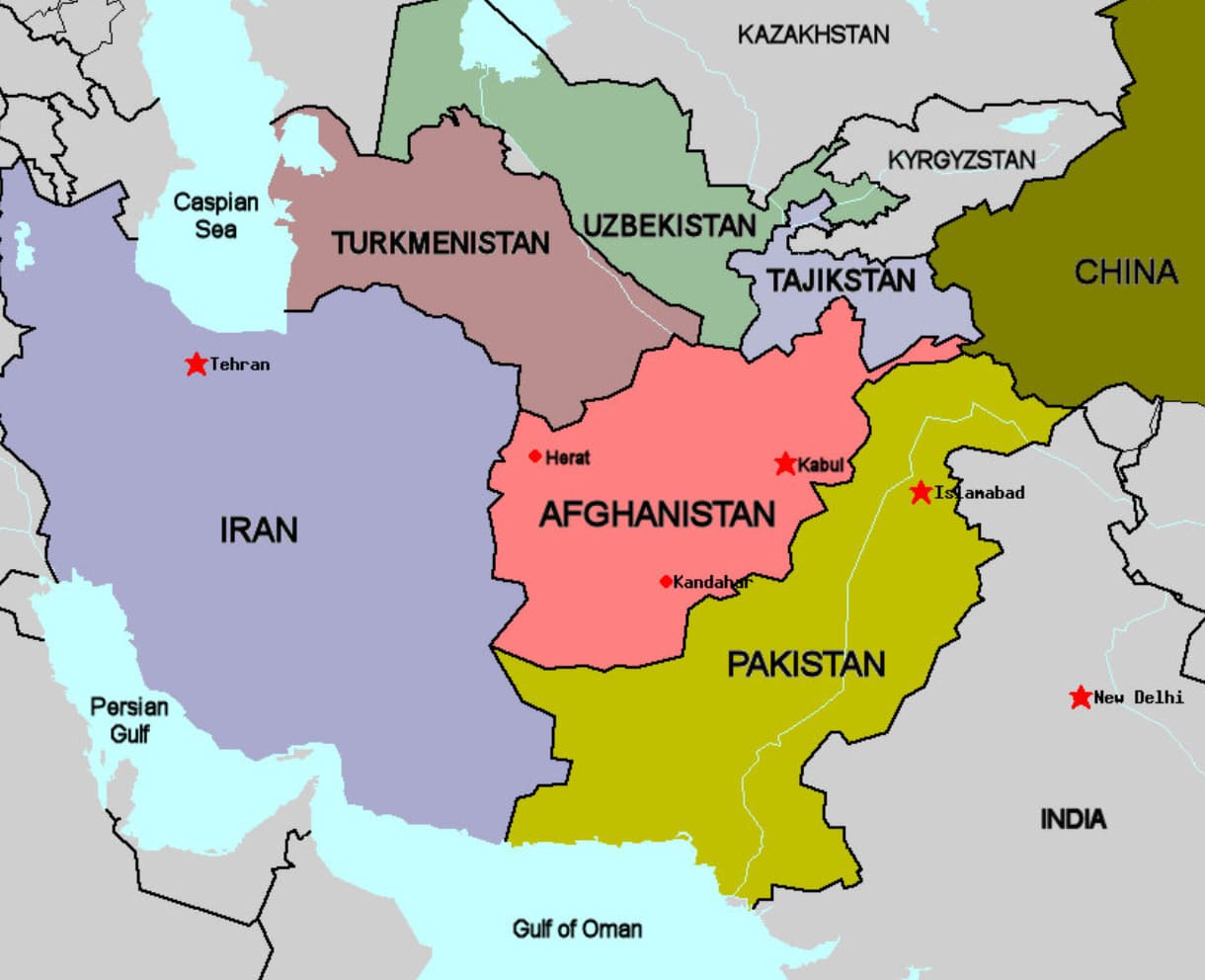
Recently, Tashkent has been focused on strengthening bilateral relations with the Taliban, which has governed Afghanistan for the past three years. Notably, on August 17, a delegation led by Uzbekistan's Prime Minister visited Kabul, where they signed 35 contracts worth a total of $2.5bn between the Uzbek government and the Taliban.
Political scientist Oybek Sirojov emphasized that improving relations with the Taliban and addressing issues in Afghanistan is the most effective approach.
He stated, "The U.S. could not defeat the Taliban by force. If countries capitalize on the opportunities in Afghanistan, both the Afghan people and the investing nations will benefit. As Afghanistan gradually stabilizes, social issues will also be resolved."
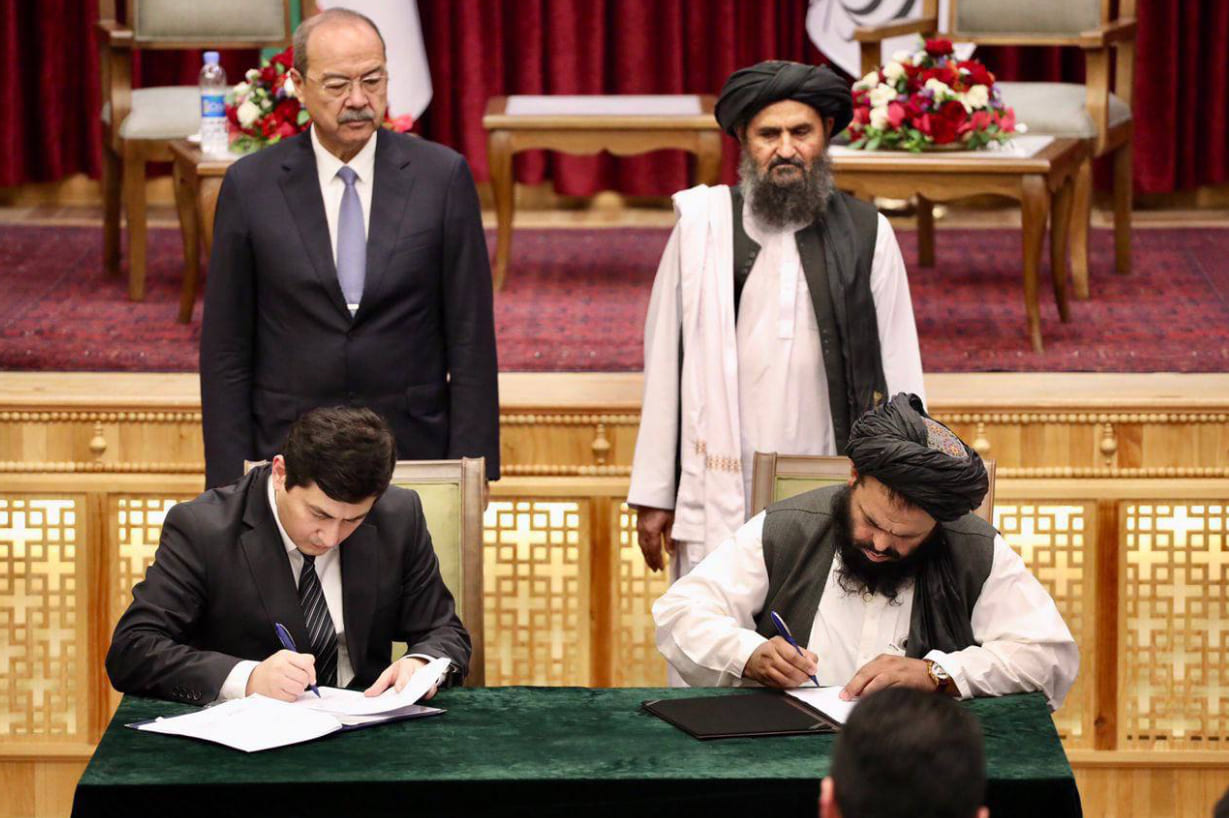
He highlighted Afghanistan's immense potential as an untapped market, urging the need to leverage this opportunity.
"A significant achievement for Uzbekistan is that the railway connecting Afghanistan to the world runs through our territory," Sirojov noted.
According to the Ministry of Public Affairs of the Taliban, from August 22 to September 21 of this year, Afghanistan's railway network transported a total of 317,045 tons of cargo. The breakdown is as follows:
- Hayraton (Uzbekistan, Balkh): 250,357 tons (79%)
- Torgundi (Turkmenistan, Herat): 40,618 tons (13%)
- Akina (Turkmenistan, Faryab): 26,070 tons (8%)
- Ruzanak (Iran, Herat): 0 tons
Political scientist Oybek Sirojov clarified that Uzbekistan is not investing in Afghanistan merely to pacify the Taliban.
"Uzbekistan possesses various means to influence the Taliban's actions," he explained. "For instance, a significant portion of the humanitarian aid entering Afghanistan transits through Uzbekistan. Additionally, Uzbekistan supplies electricity to Kabul. These factors provide leverage for responding to the Taliban if necessary."
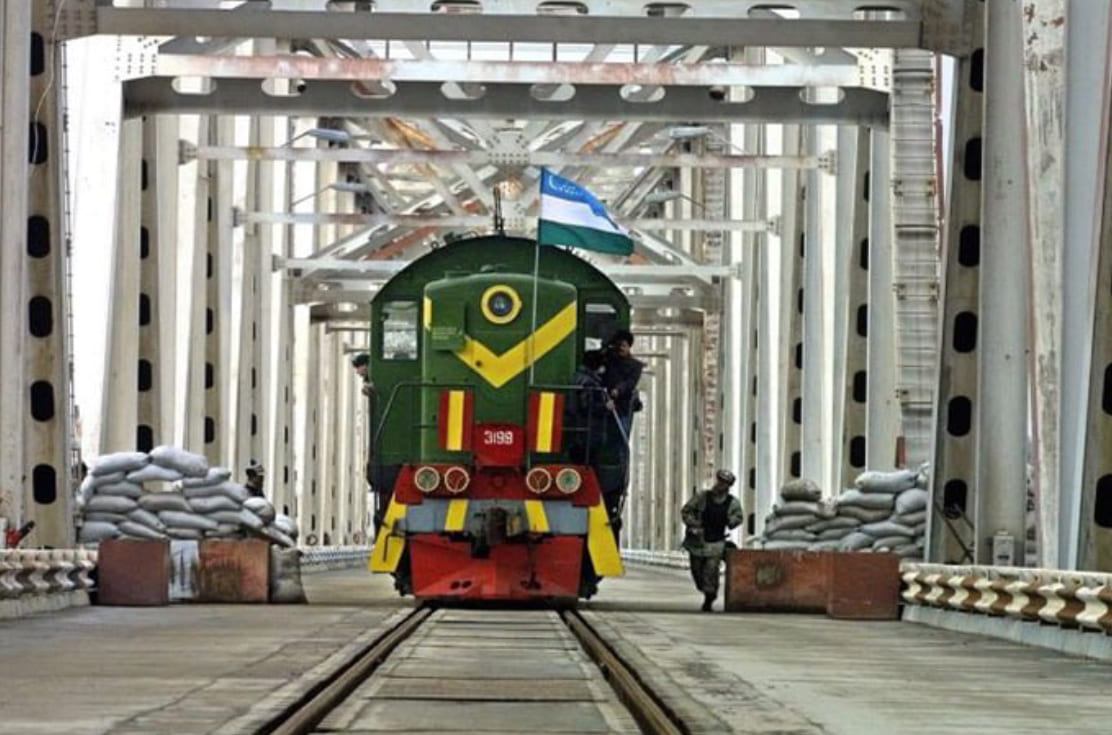
During the recent visit of the Uzbek delegation to Kabul, five agreements were signed with the Taliban in the mining sector, totaling an estimated value of $1.15bn. The agreements include:
- Geological research of the Afghan-Tajikistan oil and gas basin.
- Geological survey of gold and copper deposits in Qandalon, Zabul.
- Geological survey of iron ore deposits in Kesh, Bamiyan.
- Construction of a thermal power plant with a capacity of 120 MW.
- Geophysical and geological research of hydrocarbon deposits in Tuti Maidan, Faryab.
"The increase in beneficial agreements between Uzbekistan and the Taliban is crucial for the positive development of Uzbekistan-Afghanistan relations in the future," says Shuhrat Rasul, an economic analyst.
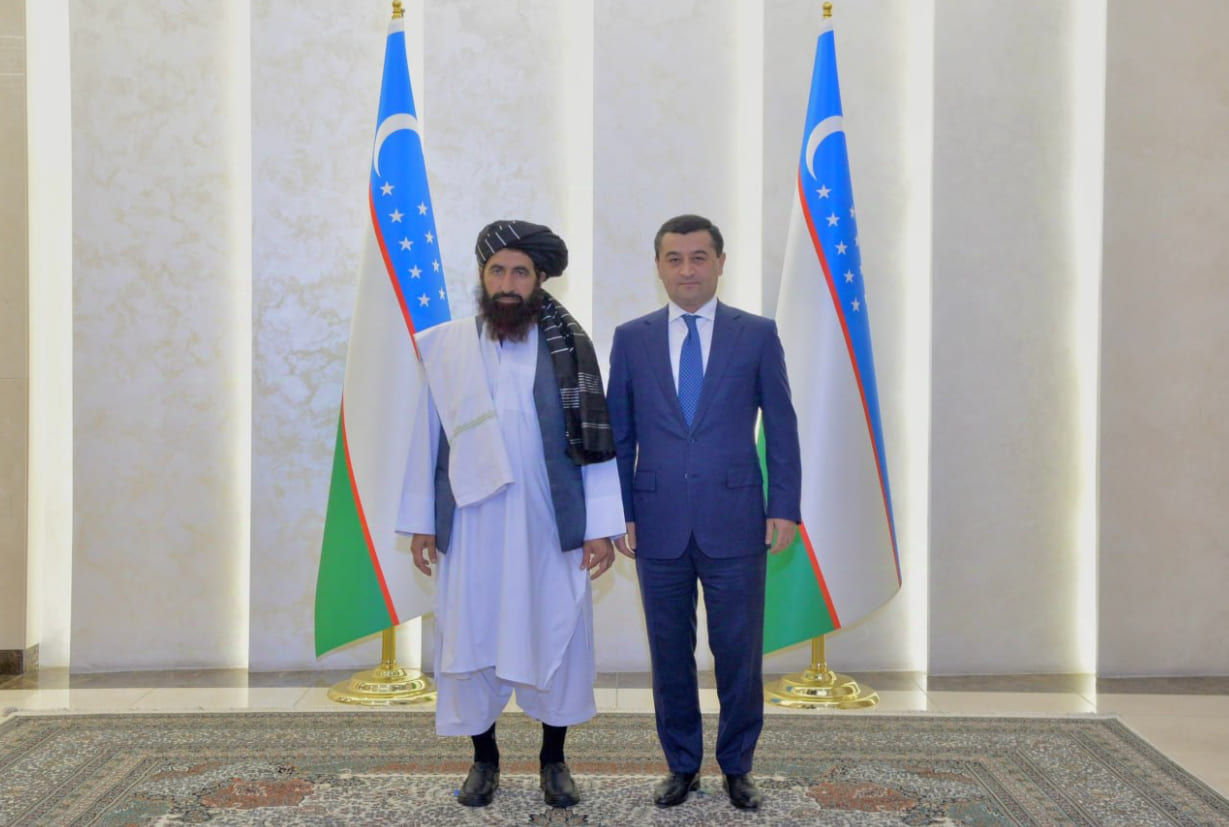
He emphasizes that if Uzbek businesses do not seize the opportunity, other countries will likely step in.
"Industries that are the backbone of the economy remain largely underdeveloped in Afghanistan. Uzbekistan's economic integration with Afghanistan serves its own interests," he added.
For context, on October 9, Uzbekistan's Minister of Foreign Affairs, Bakhtiyor Saidov, met with the newly appointed head of the Afghan diplomatic mission in Tashkent, who was appointed by the Taliban, to discuss bilateral cooperation.
In August of this year, Uzbek and U.S. officials reached a mutual agreement concerning the aviation equipment that was brought to Uzbekistan by the Afghan military in August 2021, following the Taliban's takeover. Daryo reported on expert opinions regarding this development.
At that time, the United States had decided to transfer 22 military aircraft and 24 military helicopters to Uzbekistan. However, the Taliban's Ministry of Defense opposed this arrangement, stating that it would not accept any agreement concerning the fate of Afghan helicopters and airplanes in Uzbekistan.
Follow Daryo's official Instagram and Twitter pages to keep current on world news.
Comments (0)